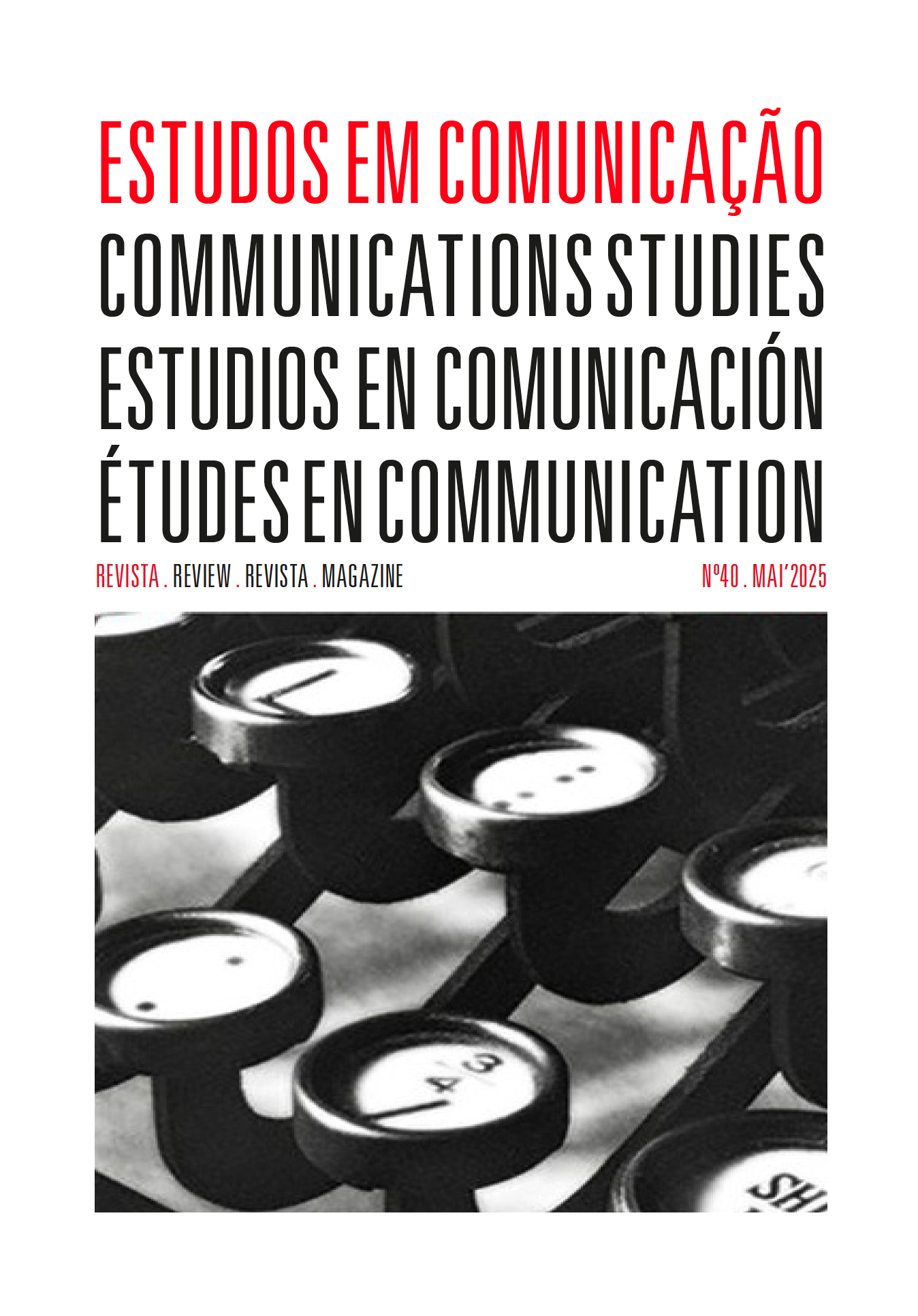Social protests in Cuba (11J) and disinformation: case study of the fact checking initiative DeFacto
Abstract
Known as 11J, Cuba´s most important social protests after 1959 took place on July, 2021. Following a partisan agenda, the island´s official media did not document the facts. Alternative media, with no legal recognition in the island, faced limitations regarding in situ reporting and also access to official sources. Social media became a source of information while the spread of false content and the digital blackout oriented by the government triggered disputes about the understanding of disinformation and created the need of fact checking journalism. This case study analyzes the role played by alternative media El Toque´s fact checking initiative using semi-structured interviews and content analysis. We conclude that DeFacto´s journalistic mediation in a context of political polarization allows us to measure alternative media´s role as contentious actors and to review the disinformation concept from a critical perspective.
Downloads
Published
Issue
Section
License

This work is licensed under a Creative Commons Attribution-NonCommercial-NoDerivatives 3.0 Unported License.
Estudos em Comunicação/Communication Studies is an Open Access journal. All its content is freely available without charge to the user or his institution. Users are allowed to read, download, copy, distribute, print, search, or link to the full texts of the articles in this journal without asking prior permission from the publisher or the author. Estudos em Comunicação, by Labcom, is licensed under a Creative Commons Atribuição-NãoComercial-SemDerivações 3.0 Unported License. By submitting your work to Estudos em Comunicação/Communication studies you confirm you are the author and own the copyright, that the content is original and previously unpublished, and that you agree to the licensing terms.


